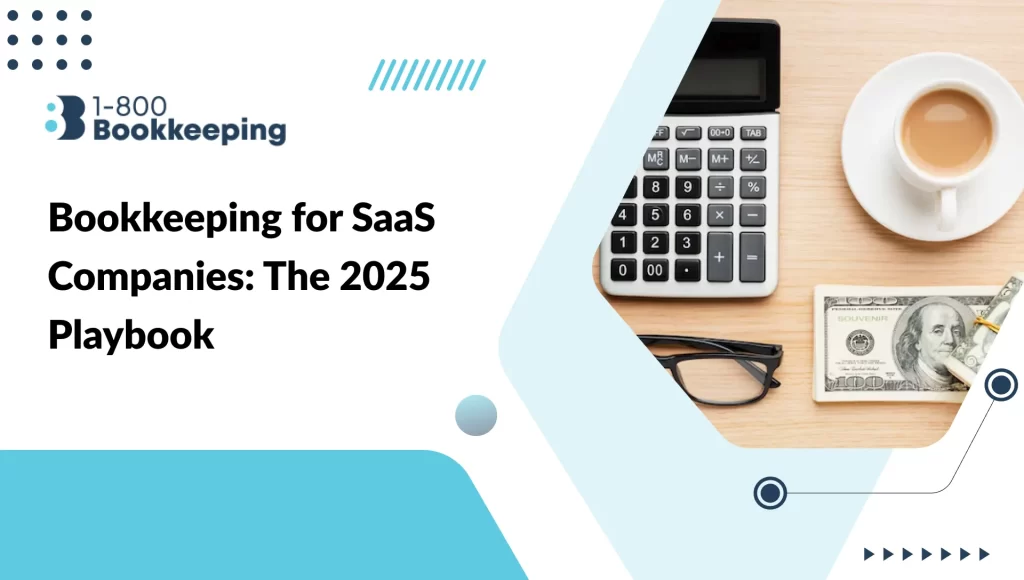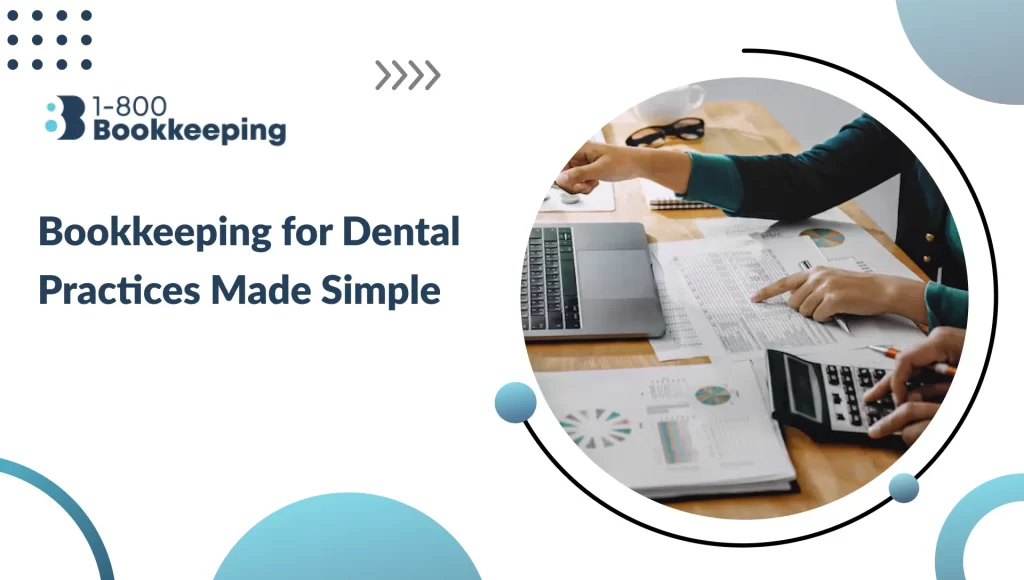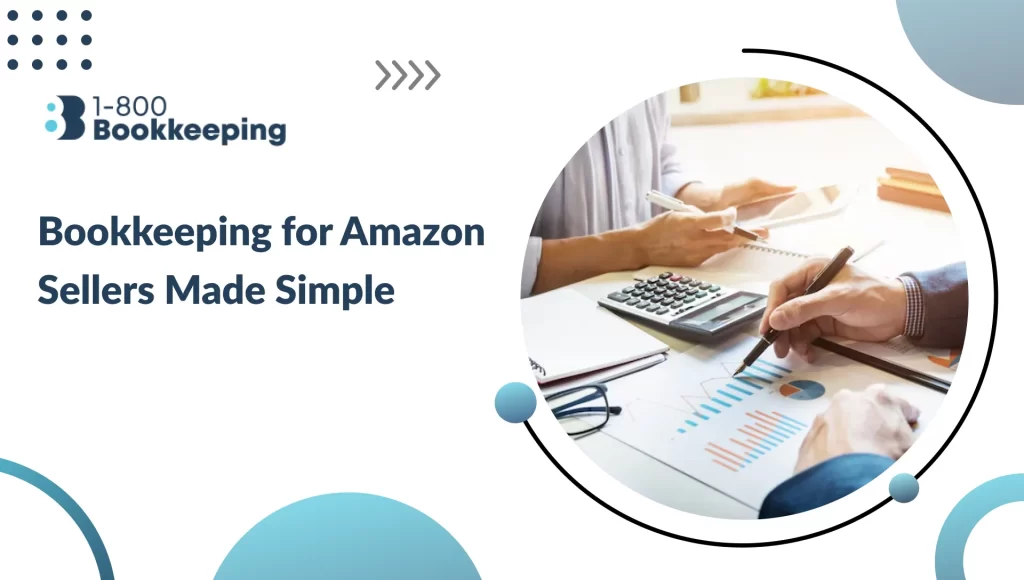Tax regulations can be particularly challenging for small business owners needing more extensive resources. However, understanding the tax deductions available to small businesses can significantly impact the bottom line, allowing for reinvestment and growth.
Tax deductions lower taxable income, which reduces the amount of taxes owed. However, understanding these deductions and the associated requirements is crucial for maximizing benefits. By mastering the various tax deductions, small business owners can improve their financial standing and ensure long-term success.
Importance of Understanding Tax Deductions
Understanding tax deductions is essential for several reasons.
First, it helps small business owners comply with tax laws and avoid penalties. Compliance with tax regulations is a legal obligation and a way to prevent costly fines and interest charges.
Secondly, it enables businesses to retain more of their earned income, which improves their financial health. Keeping more earnings allows for reinvestment into the business, promoting growth and innovation. Lastly, informed tax planning can offer a strategic advantage, helping small businesses allocate resources more efficiently. It helps to identify opportunities for cost savings and ensures that funds are directed toward the most impactful areas of the company.
Overview of Common Deductions Available for Small Businesses
The tax code offers various deductions that can offset multiple business expenses. These include deductions for home office use, vehicle expenses, business supplies and equipment, employee-related costs, professional services, travel and entertainment, marketing and advertising, rent and utilities, interest and bank fees, and other miscellaneous expenses. Each category has specific eligibility criteria, documentation requirements, and calculation methods. Familiarizing oneself with these categories and their nuances can help claim the maximum allowable deductions, reducing taxable income and overall tax liability.
Maximizing Tax Deductions for Small Businesses: Leverage 1-800 Bookkeeping’s Expertise
At 1-800 Bookkeeping, we understand that navigating the maze of tax regulations and managing deductions is more than just a task—it’s a critical component of your business’s financial health. Don’t let the complexities of tax deductions slow down your business momentum. We’re here to partner with you, offering top-notch services that simplify your tax processes, allowing you to focus on what truly matters—growing your enterprise.
Our team of seasoned bookkeeping professionals is equipped to handle all your tax deduction needs with precision and care. Say goodbye to the confusion and potential errors and hello to a clear financial path ahead. Reach out to 1-800 Bookkeeping for a complimentary consultation today, and let us show you how our services can maximize your tax deductions, catalyzing your business’s growth and efficiency. Let’s turn managing tax deductions from a chore into an asset together!
Section 1: Home Office Deduction
Eligibility Criteria
The home office deduction is available to small business owners who use a portion of their home exclusively and regularly for business purposes. To qualify, the space must serve as the principal place of business or a location where you meet clients, and it should be used exclusively for business activities. This means that the designated area cannot serve any personal purposes. Ensuring the home office meets these criteria is vital for claiming the deduction.
Calculating the Deduction (Simplified vs. Actual Expense Method)
The IRS offers two methods for calculating this deduction:
- Simplified Method: This method allows you to multiply the square footage of your home office (up to 300 square feet) by a prescribed rate ($5 per square foot as per current IRS guidelines). This straightforward approach simplifies the calculation process and reduces the need for extensive record-keeping.
- Actual Expense Method: This method involves calculating the actual expenses related to the home office, such as mortgage interest, utilities, insurance, and repairs. This method generally offers a larger deduction but requires detailed record-keeping. The actual expense method can benefit those with significant home office-related costs but necessitates meticulous documentation.
Documentation Requirements
Regardless of the method used, maintaining detailed records is crucial. Keep receipts, invoices, and financial statements that support your claim. Document the measurements and photographs of the home office space to substantiate your use of the area for business. Having comprehensive records will not only help in claiming the deduction but also provide necessary evidence in case of an audit.
Section 2: Vehicle Expenses
Business vs. Personal Use
When using a vehicle for business purposes, it’s essential to distinguish between business and personal use. Only the expenses attributable to business use are deductible. This means maintaining a clear record of the miles driven for business versus personal reasons, as the IRS requires accurate documentation to validate the business-related portion of vehicle expenses.
Standard Mileage Rate vs. Actual Expenses
Similar to the home office deduction, vehicle expenses can also be calculated using two methods:
- Standard Mileage Rate: Multiply business miles driven by the IRS standard mileage rate. This method is straightforward and requires less record-keeping, making it a convenient option for many small business owners.
- Actual Expenses: Calculate the actual costs of operating the vehicle, including gas, repairs, insurance, and depreciation. This method requires meticulous record-keeping but may offer a more substantial deduction. Those with higher vehicle-related expenses may find this method more beneficial.
Record-Keeping Tips
Keep a detailed log of business miles driven, including each trip’s date, destination, purpose, and mileage. Retain all receipts and financial documents related to vehicle expenses. Using a mileage tracking app or maintaining a dedicated logbook can simplify the process and ensure that all necessary information is accurately recorded.
Section 3: Business Supplies and Equipment
Office Supplies
Items such as pens, paper, and printer ink are considered routine office supplies and are fully deductible in the year they are purchased. These everyday essentials are necessary for running a business smoothly, and their costs can add up over time, making the deduction valuable.
Depreciation of Equipment
Depreciation allows you to spread the cost over several years for more significant purchases like computers, machinery, and furniture. Depreciation acknowledges the wear and tear on these assets over time, providing a tax benefit that aligns with their usage period.
Section 179 Deduction
The Section 179 deduction enables small businesses to deduct the total purchase price of qualifying equipment in the year it is bought and placed into service. This can provide an immediate tax benefit compared to the often slower depreciation method. This deduction can significantly reduce taxable income in the year of purchase, freeing up cash flow for other business needs.
Section 4: Employee-Related Deductions
Salaries and Wages
Payments made to employees in the form of salaries and wages are deductible. This category also includes any compensation provided to family members who are employees. Ensuring that compensation is reasonable and documented is crucial for claiming these deductions.
Benefits and Bonuses
Employee benefits, such as health insurance, retirement plans, and bonuses, are generally deductible. Providing these benefits not only aids in employee retention but also offers tax advantages. These deductions can enhance employee satisfaction and loyalty while reducing the overall tax burden on the business.
Hiring Incentives and Credits
Consider exploring various hiring incentives and credits, such as the Work Opportunity Tax Credit (WOTC), which provides reductions for hiring individuals from specific target groups. These incentives can offset hiring costs and support workforce diversity and inclusion.
Section 5: Professional Services and Fees
Legal and Accounting Services
Fees paid for legal and accounting services, including tax preparation, are fully deductible. These services are indispensable for ensuring compliance and optimizing your tax position. Engaging professionals can help navigate complex tax laws and identify additional savings opportunities.
Consulting and Professional Advice
Expenses related to hiring consultants or other professionals for business advice, strategy planning, or specialized skills are also deductible. Investing in expert advice can provide strategic insights and drive business growth, making these expenses a worthwhile deduction.
Section 6: Travel and Entertainment
Deductible Travel Expenses
Travel costs incurred for business purposes, such as transportation, lodging, and meals, are deductible. However, these expenses must be necessary and relevant to your business operations. Properly documenting the business purpose and maintaining receipts are essential for claiming these deductions.
Meals and Entertainment Rules
Meals with clients or employees can be deducted at 50%, provided they are directly related to business activities. Entertainment expenses have more stringent rules and are generally not deductible. Understanding these distinctions can help avoid disallowed deductions and ensure compliance.
Keeping Detailed Records
Maintain detailed records of travel and entertainment expenses, including receipts, itineraries, and descriptions of the business purpose for each expense. Clear and organized documentation will simplify the tax filing process and support deduction claims.
Section 7: Marketing and Advertising
Advertising Costs
Expenses incurred for advertising your business, such as print ads, online ads, and media spots, are fully deductible. Effective advertising is crucial for business growth, and these costs can be substantial, making the deduction particularly valuable.
Promotional Materials
Branded business cards, brochures, and promotional giveaways are also deductible. These materials help build brand awareness and attract customers; their costs can be entirely written off.
Website Expenses
Developing and maintaining a business website costs, including domain fees and hosting charges, are also deductible. In the digital age, a solid online presence is essential, and these expenses are recognized as necessary for business operations.
Section 8: Rent and Utilities
Office Rent
Rent paid for office space is fully deductible. This also applies to rent paid for other business-related facilities, such as storage spaces. Documenting rental agreements and payment records is essential for substantiating these deductions.
Utility Bills
Utilities such as electricity, water, and internet services used exclusively for business are deductible. These ongoing operational costs are necessary for maintaining business activities and are fully recognized for tax purposes.
Shared Office Spaces and Co-working Costs
The costs associated with these arrangements are deductible if you use a shared office space or co-working facility. Documentation of the lease or agreement and payment records are necessary to substantiate these expenses. This deduction recognizes the modern work environment and the flexibility it provides to small businesses.
Section 9: Interest and Bank Fees
Business Loan Interest
Interest paid on loans taken out for business purposes is deductible. This includes loans for purchasing equipment, renovation, or working capital. Properly documenting the purpose of the loan and interest payments is essential for claiming this deduction.
Credit Card Interest
Interest on business-related credit card purchases is also deductible. However, this must be separated from personal interest charges. Accurate record-keeping and clear separation of personal and business expenses are crucial for this deduction.
Bank fees
Bank fees, including charges for business accounts, wire transfers, and other financial services, are deductible. Although sometimes small, these fees can add up over time and are fully recognized as necessary business expenses.
Section 10: Miscellaneous Deductions
Insurance Premiums
Premiums paid for business insurance policies, including liability and property insurance, are deductible. These premiums are necessary to protect the business against various risks, and their costs can be entirely written off.
Bad Debts
If a customer or client fails to pay an invoice, you can deduct it as a bad debt, provided it was previously included in your income. This deduction recognizes the financial impact of unpaid invoices and helps mitigate the loss.
Educational Expenses
Costs for courses, workshops, and seminars directly related to your business or improving your skills are deductible. This also includes subscriptions to trade publications and industry-specific journals. Investing in education and professional development can enhance business operations and is recognized as a legitimate expense.
Conclusion
Understanding and maximizing tax deductions plays a critical role in the financial health of small businesses. Necessary deductions include home office use, vehicle expenses, business supplies and equipment, employee-related costs, professional services, travel and entertainment, marketing and advertising, rent and utilities, interest and bank fees, and other business-related expenses. By familiarizing themselves with these deductions, small business owners can significantly reduce their taxable income and overall tax burden.
Given the complexity and frequent updates to tax laws, consulting with a tax professional is highly recommended. Tax professionals can provide tailored advice, ensure compliance, and help identify additional deductions that may be available. Their expertise can be invaluable in navigating the intricacies of the tax code and optimizing your tax position.
Feeling Overwhelmed by Bookkeeping? We Can Help.
Running a business is demanding, and keeping track of your finances can be a never-ending chore. Many business owners need help with the complexities of bookkeeping, which can leave them frustrated and behind.
1-800 Bookkeeping offers expert services to streamline your financial processes and empower you to make informed decisions.
Our team of seasoned professionals understands the unique challenges businesses of all sizes face. We can help you:
- Free Up Valuable Time: Offload your bookkeeping tasks to our dedicated professionals.
- Gain Peace of Mind: Ensure your financial records are accurate and up-to-date.
- Make Smarter Decisions: Get actionable insights into your business performance through clear and concise reports.
- Feel Confident: Make informed financial decisions based on reliable data.
Don’t let bookkeeping hold you back from achieving your business goals. Contact 1-800 Bookkeeping today for affordable bookkeeping solutions.
FAQs:
1. Why is understanding tax deductions important for small businesses?
Understanding tax deductions helps small business owners comply with tax laws, avoid penalties, keep more of their earned income, and allocate resources more efficiently for strategic planning and growth.
2. What are the two methods for calculating home office deductions?
The two methods are the Simplified Method, which uses a flat rate per square foot of office space, and the Actual Expense Method, which involves calculating the actual costs related to the home office, like mortgage interest and utilities.
3. How can vehicle expenses be deducted for business purposes?
Vehicle expenses can be deducted using the Standard Mileage Rate, which multiplies business miles by a set rate, or the Actual Expenses method, which calculates costs like gas, repairs, and insurance and requires detailed record-keeping.
4. What types of employee-related costs are deductible?
Deductible employee-related costs include salaries and wages, benefits such as health insurance and retirement plans, and bonuses. Hiring incentives and credits like the Work Opportunity Tax Credit can also offer tax reductions.
5. What are the requirements for deducting travel and entertainment expenses?
Deductible travel expenses must be necessary and relevant to business operations, with meals deductible at 50% if related to business activities. Detailed records, including receipts and business purposes, are essential for claiming these deductions.





